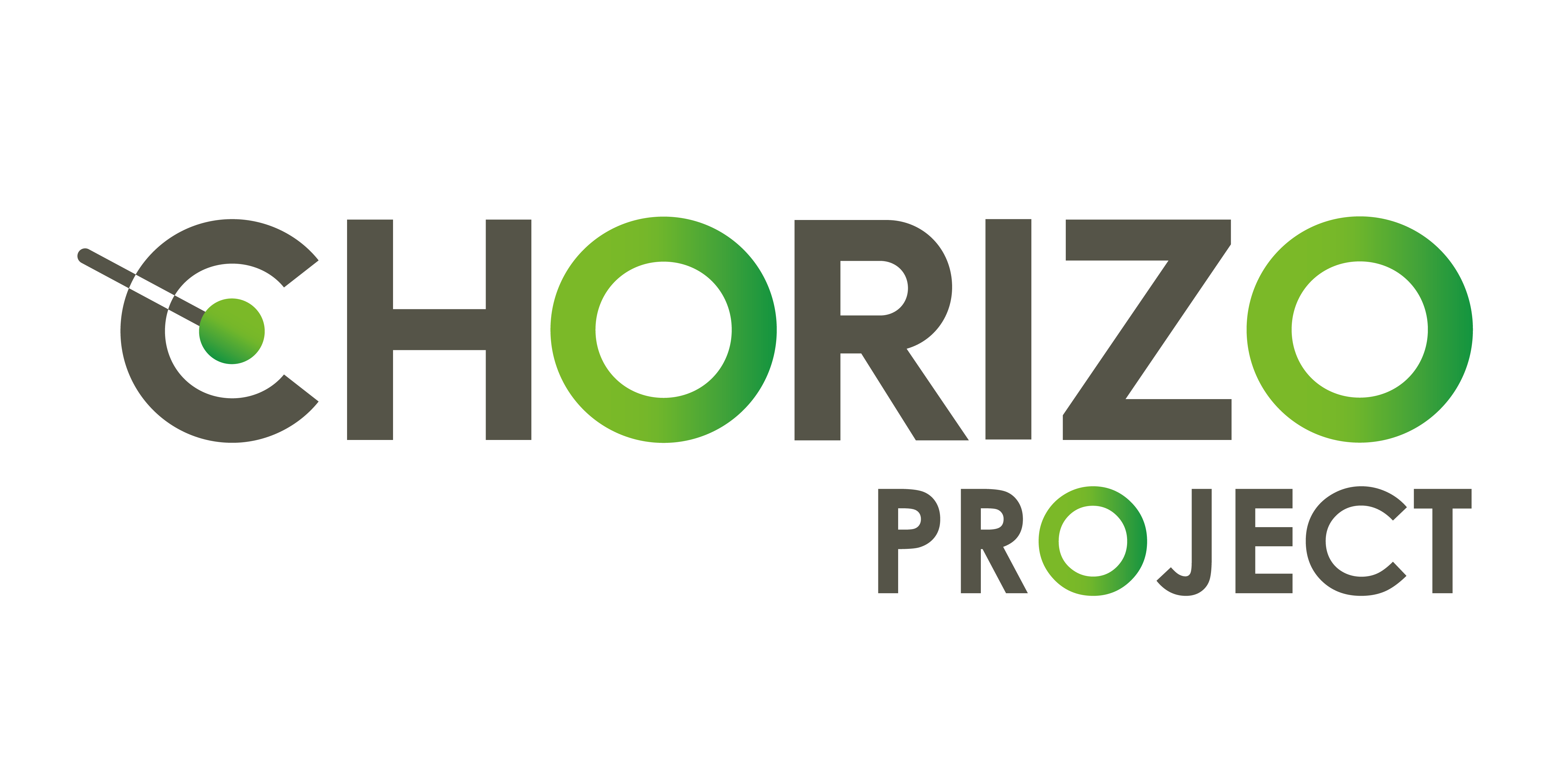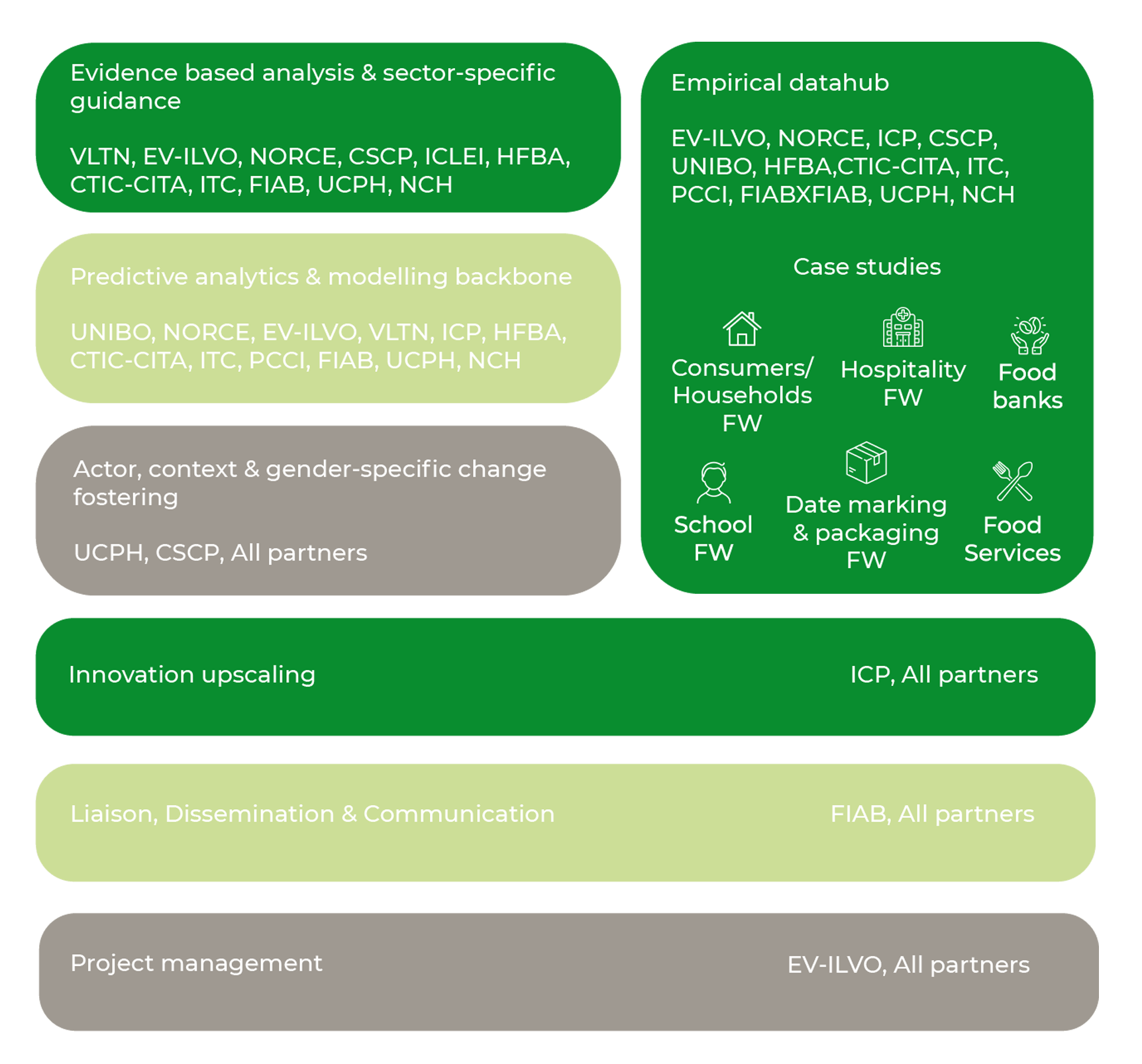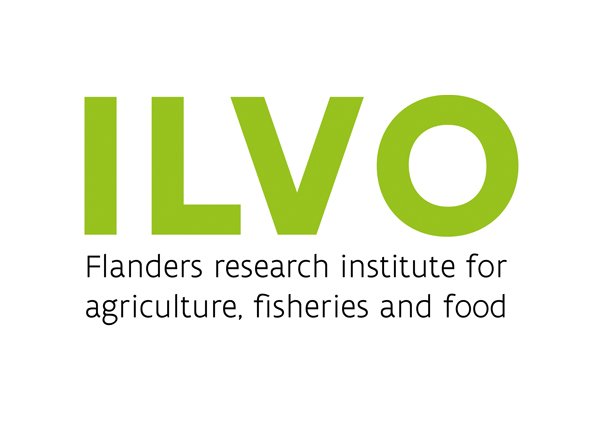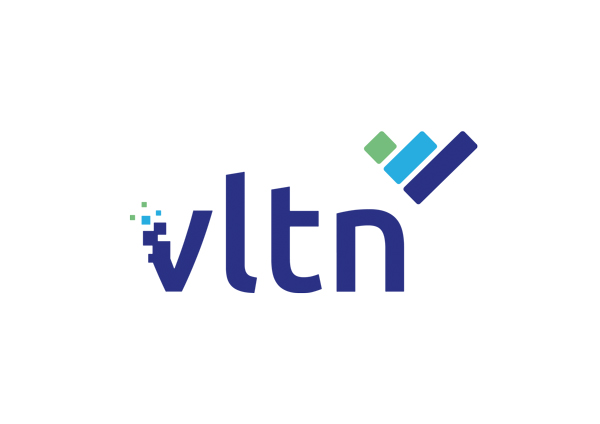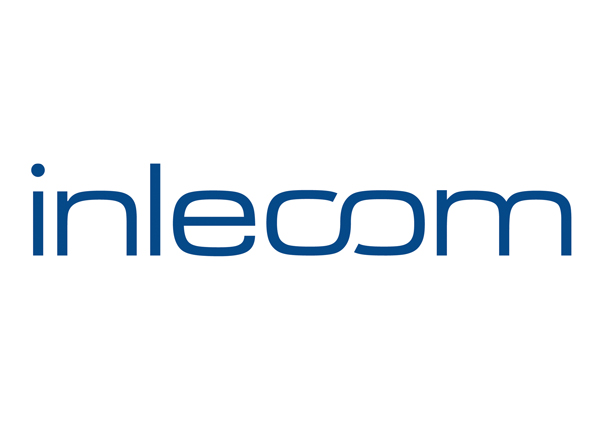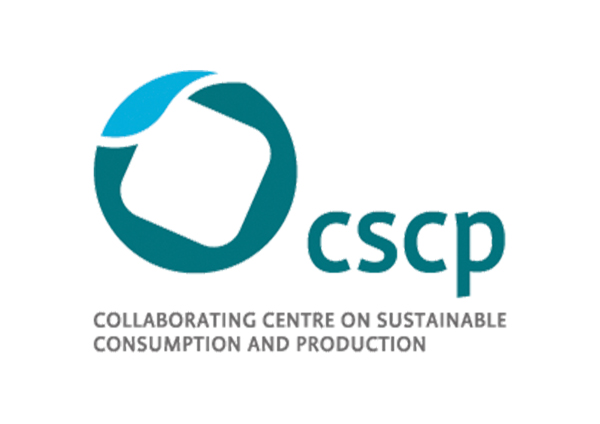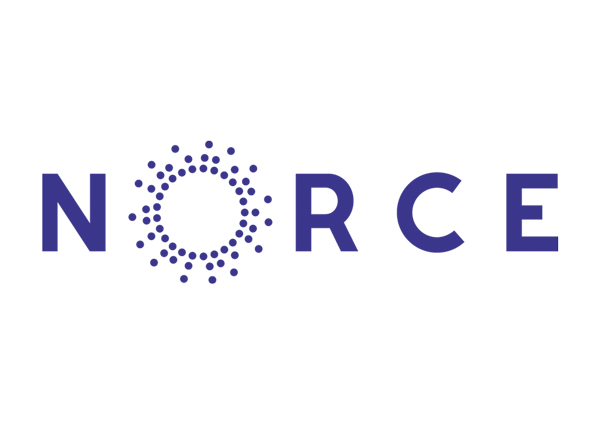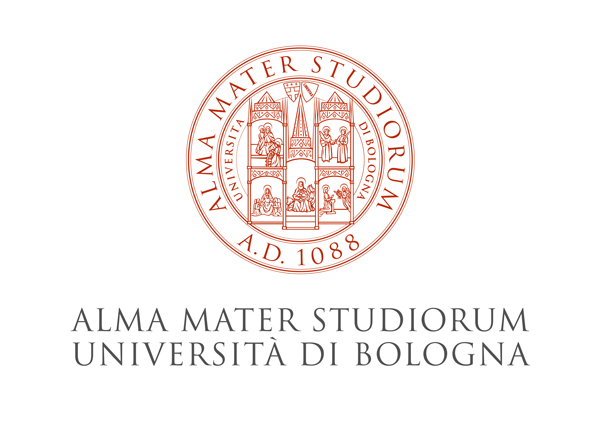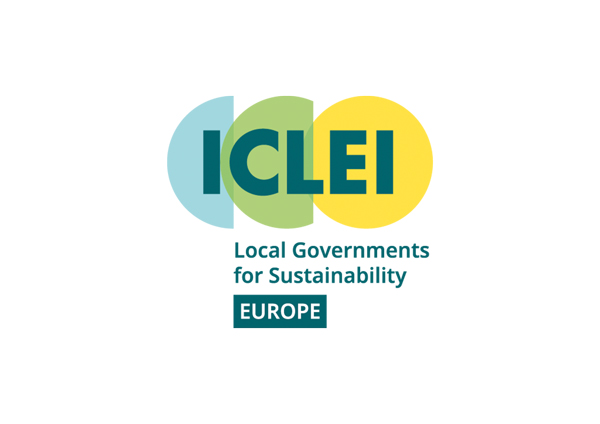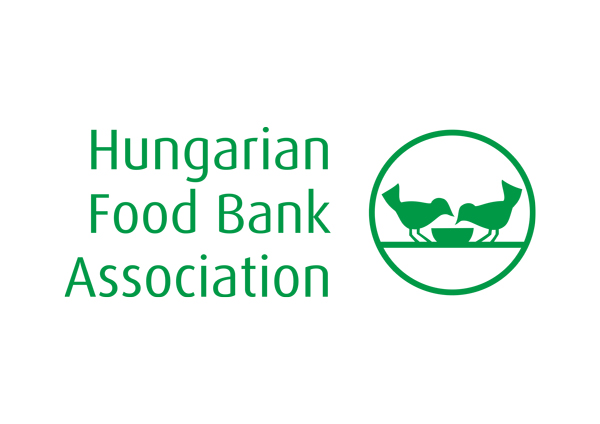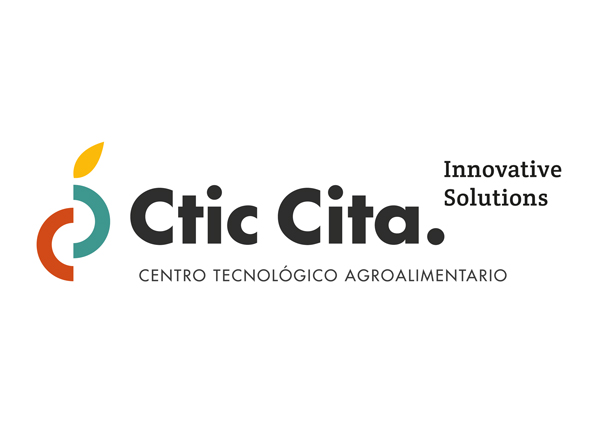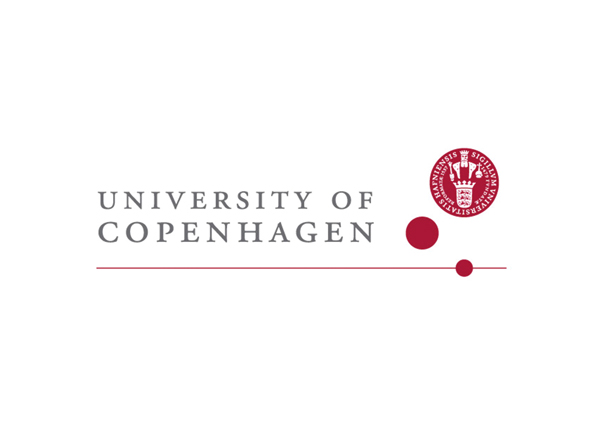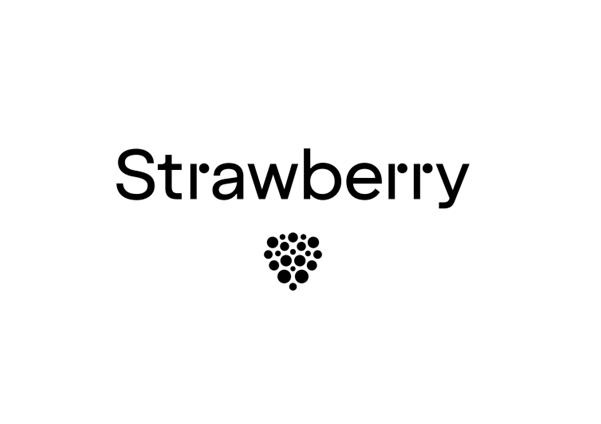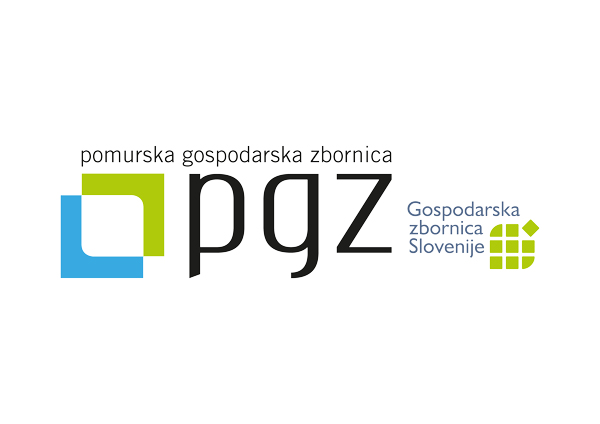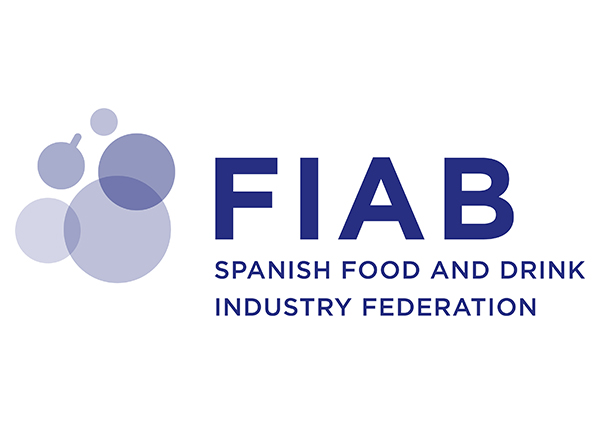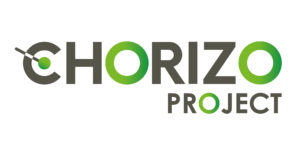WORK PACKAGES
The objectives of CHORIZO will be pursued by the consortium through the implementation of a work plan consisting of seven Work Packages (WPs) spanning a three-year period. Partners participate in each WP according to their specific expertise, knowhow and research, innovation and business interests, thus creating the ideal mix of technical competence, and R&I capabilities, which is the key to guarantee a successful and timely achievement of project objectives.
EVIDENCE BASED ANALYSIS AND SECTOR-SPECIFIC GUIDANCE.
Objectives:
1. To undertake a comprehensive evidence-based analysis of previous/ ongoing FLW prevention/ reduction actions and tools.
2. To develop an FLW prevention/reduction index, to guide food chain actors in prioritising FLW actions.
3. To provide sector-specific guidance for effective prevention and reduction of FLW.
EMPIRICAL DATAHUB.
Objectives:
1. To perform the initial analysis, to develop the strategic plans, and management of the case studies.
2. To develop and then validate the FLW Datahub which will store the various outputs of the project.
3. To collect and pre-process the data from the Case Studies so that they are valid and easy to use.
4. To use the resulting datasets from the Case Studies to perform empirical & sensemaking analysis in order to compare with previous FLW reduction/prevention actions and produce new insights.
PREDICTIVE ANALYTICS & MODELLING BACKBONE FOR CHANGING SOCIAL NORMS TOWARDS 0FLW.
Objectives:
1. To map food supply chains and the determinants (drivers) and the mechanisms that influence the decision process of their actors in terms of food waste generation.
2. To understand what type of intervention can modify social norms related to FLW.
3. To understand how food system actors are influencing each other.
4. To predict the likely impact of selected interventions (prevention/reduction actions) on the generation & management of FLW along the food supply chains represented in the project Case Studies.
5. To support the decision-making process of policy makers and business actors targeting 0FLW.
ACTOR-, CONTEXT- & GENDER-SPECIFIC CHANGE FOSTERING.
Objectives:
1. To apply the behavioural change theory and the mechanisms linking social norms to FLW behaviour revealed in WP3, into concrete change fostering actions, by taking into consideration the motivations, opportunities, and abilities of sectoral food system actors.
2. To develop and design actor specific guidance on social norms to foster change.
3. To deliver more engaging & effective social-norms-focused communication and school science education, to prevent/reduce FLW.
4. To support the uptake of sector-specific guidance of CHORIZO by building the capacity of the target actors.
INNOVATION UPSCALING.
Objectives:
1. To guide a strategy for the exploitation of the project results by the project partners (individually and jointly) as well as to incentivise adoption by EU Food Waste Associations.
2. To guide an upscaling strategy for the services layer of the CHORIZO ‘Insighter’ datahub including a business model for sustaining the Insighter’s operation after the end of the project.
3. To explore opportunities for combining results with sister FLW projects to achieve impact synergies.
4. To implement responsible innovation management practices that manage innovation from the project to exploitable and sustainable outcomes.
DISSEMINATION, EXPLOITATION & COMMUNICATION.
Objectives:
1. To develop appropriate strategies for dissemination, exploitation & communication of project results.
2. To produce original media content (texts, graphics, videos) to be shared on CHORIZO channels and media multipliers and to be championed by (external) influencers and (internal) ambassadors on social media and regional, national and EU media.
3. To create a credible, sustainable interest for large-scale adoption of CHORIZO results and solutions and thus maximize its impact during and beyond the project duration.
PROJECT MANAGEMENT.
Objectives:
1. To ensure the effective administration of the project activities according to the rules and regulations of the EU, and according to sound project management and coordination practices.
2. To ensure that all project outcomes are of high quality, meet their objectives and are delivered according to the agreed time- and resource planning.
3. To ensure that all potential risks are identified at an early stage, and appropriate mitigation actions are taken.
4. To ensure an effective interface with the EC.
Partners

